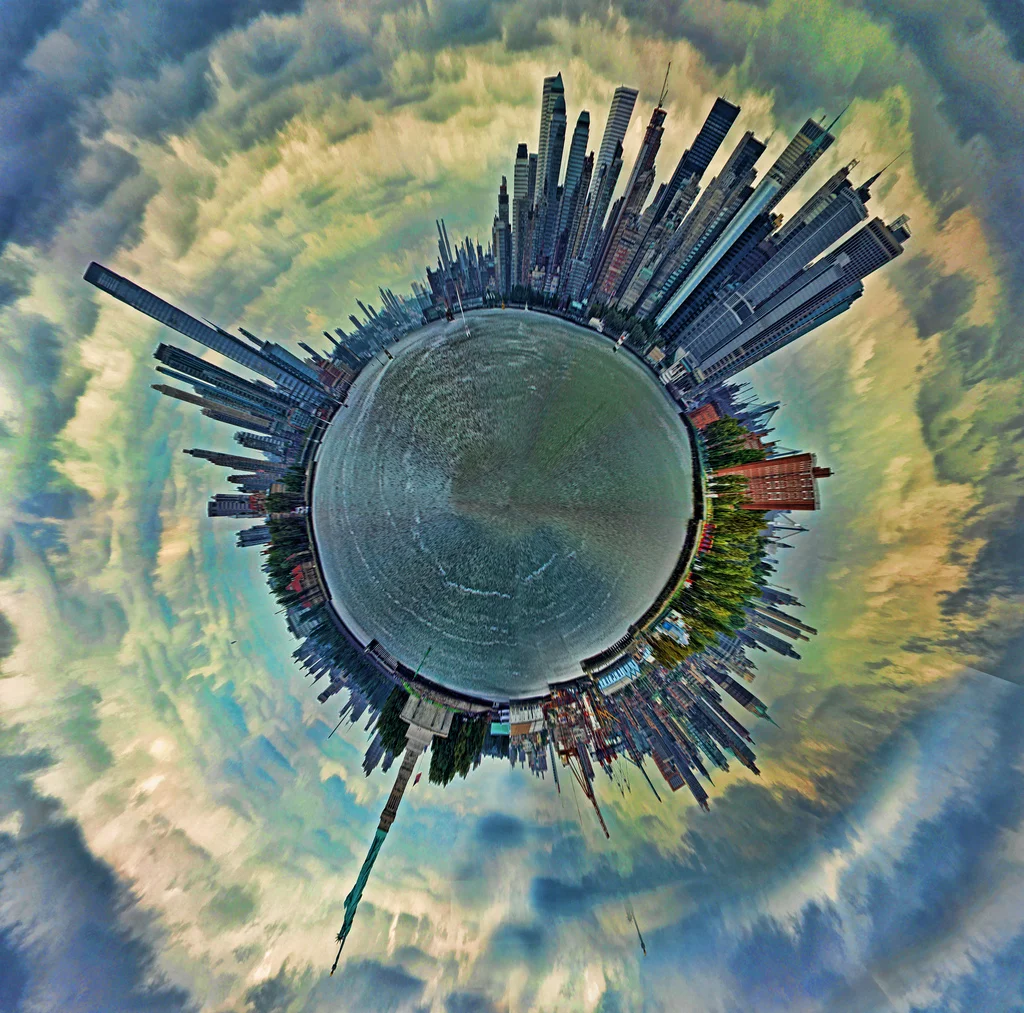Mind-forged Manacles
/Back in the Sixties, the visionary scientist Buckminster Fuller foresaw only two outcomes for humanity: utopia or oblivion. Either we continue our present social and political arrangements until we destroy ourselves, or we rapidly transition to a new social system, allocate resources rationally, and elevate the human community, as a whole, to an abundant state of being. I remain convinced that Fuller was right.
Our civilisation is a planetary suicide machine, rapidly annihilating the biosphere that sustains us. We are spewing more than a million tonnes of CO2 into the atmosphere every hour. Our oceans have become 30 per cent more acidic in the past 40 years, as they absorb excess carbon. Climate change is proving to be an erratic and complex process, but the great danger remains that we will soon hit a tipping point where we unleash rapid, unstoppable warming.
We face other ecological problems that are equally severe – a quarter of mammalian species, perhaps all species, will disappear within the next 30 years. We can’t predict when our industrial monoculture’s radical assault on the biosphere will induce feedback loops that cause the ecosystem to shut down, like a planetary heart attack, but the prospect is neither distant nor implausible.
Our post-industrial infrastructure remains fragile, toxic and perilous, while instruments of mass destruction proliferate. Climate change has caused increasingly unpredictable weather, with “once in a century” super-storms, tsunamis, earthquakes and floods now happening every year. Will nuclear power plants in America or the UK do better than Fukushima in the wake of an earthquake and tsunami? When resources become scarce, will aggrieved nations trigger nuclear contact? Will enraged individuals turn to bioterrorism? As sea levels rise, what will become of the hundreds of millions of environmental refugees?
While our current system enhanced the quality of life for vast populations, increasing lifespans and improving access to goods, services and communication technologies, it also created incredible, horrific inequities between the haves and have-nots. Since the Second World War, the US and its European allies have mastered the use of debt as a weapon of domination and control.
The planetary mega-crisis cannot be solved in piecemeal fashion – the symptoms are aspects of a universal disorder, a systemic disease. The only conceivable response is the rapid construction and universal dissemination of a comprehensive alternative, a new “operating system” for human society. Revolution is an antiquated term that refers to older political and social arrangements. What we require now is more like a metamorphosis, where we consciously transform our existing infrastructure from within and without, utilising archaic techniques and postmodern technologies to bring about a polar reversal of values and behaviour.
Our social and cultural evolution appears to be an extension of natural or biological evolution, and follows the same principles. In nature, evolution leads from primitive competition to sophisticated symbiosis, coordinated co-operation. As an example, our bodies consist of hordes of micro-organisms that once fought for resources until they learned to work together.
We are in the process of realising that humanity, as a whole, is a planetary superorganism, a sentient swarm constantly altering and transforming the ecology that sustains us. Confronting the mega-crisis that threatens all life on earth, we will either die off or we will transition from domination and aggression to co-operation and sharing.
It has been noted that one cannot solve problems at the level of consciousness that created them – problems “dissolve” when we attain a more encompassing awareness. In our present dangerous circumstances, we can no longer maintain an oppositional world-view. We must, instead, adapt the mystical perspective that recognises the universe and the self as one indivisible whole.
The process of transformation has many dimensions, for the individual and the collective. Today, many people are discovering their beliefs and behaviour patterns to be rooted in subconscious programmes, imprints from early childhood. We must break free of these programmes that are running us – what the poet William Blake called “mindforged manacles”. As we awaken to the reality of our precious, perilous situation, we can take responsibility for changing it.
The flip-side of the negative potential for planetary apocalypse is the prospect that we can reconstruct human society rapidly, using the communications infrastructure and social tools that evolved in the past few decades. Sustainable technologies for permaculture, bioremediation, holistic health, rainwater harvesting, alternative energies, and so on can be mass-distributed. We can use mass media and social media to disseminate a new set of values and principles that supports a holistic and sustainable way of life. Facing rising seas, we can construct eco-cities that act as scaffoldings for living systems, supporting local communities, with food and energy produced on site. Through a co-ordinated movement of civil society, we can dismantle the military-industrial complex and institute a peaceful world.
If this seems impossible to conceive, we must take a moment to recall how many seemingly impossible things have come into being. The human imagination remains an unlimited resource. Perhaps we subconsciously created this planetary mega-crisis to force ourselves to unleash, as an immune system response, the full power of our creative ingenuity, to reach the next level of species consciousness.
The choice is ours, as the future remains to be written.
Original article on New Statesman







